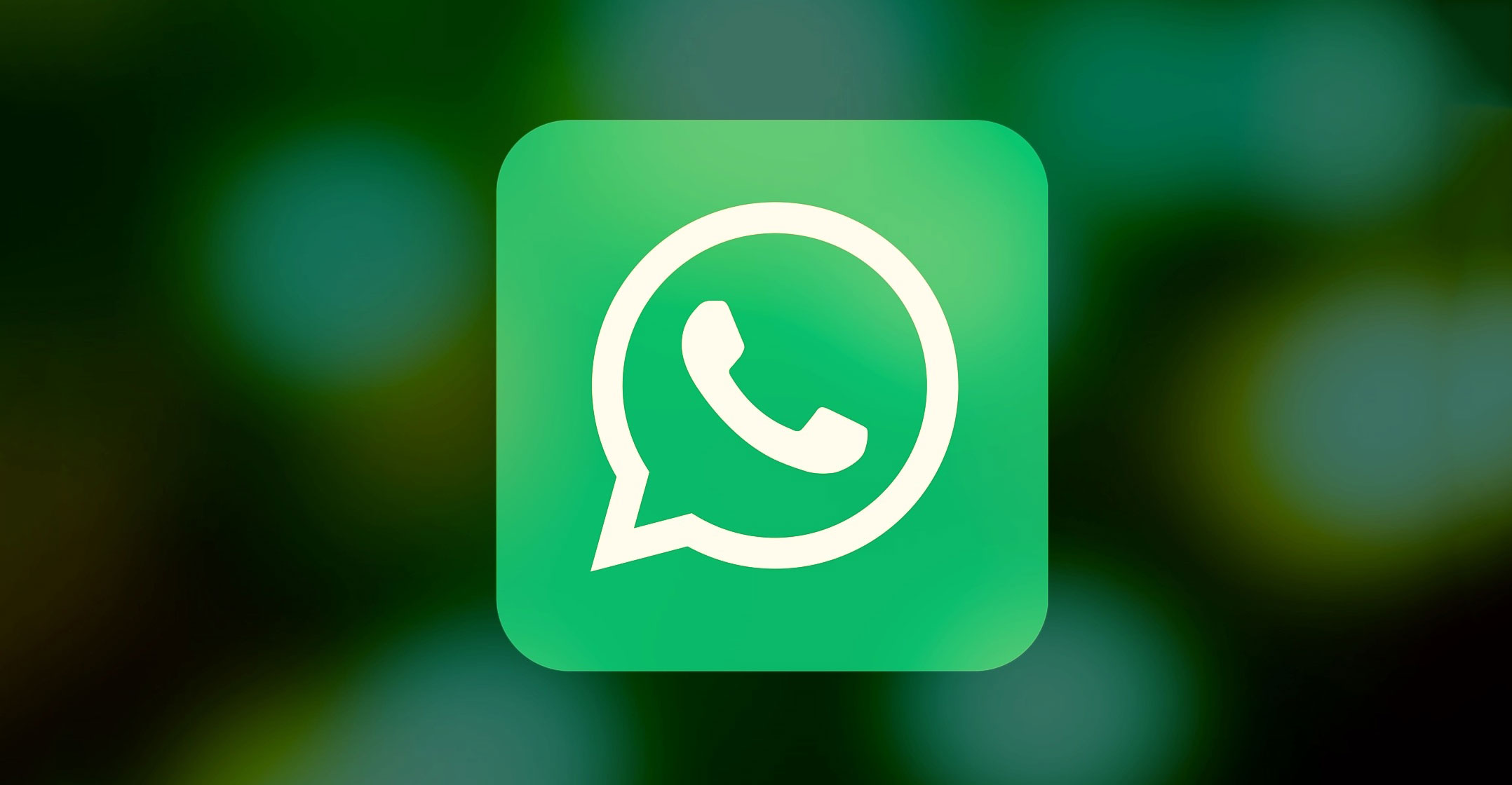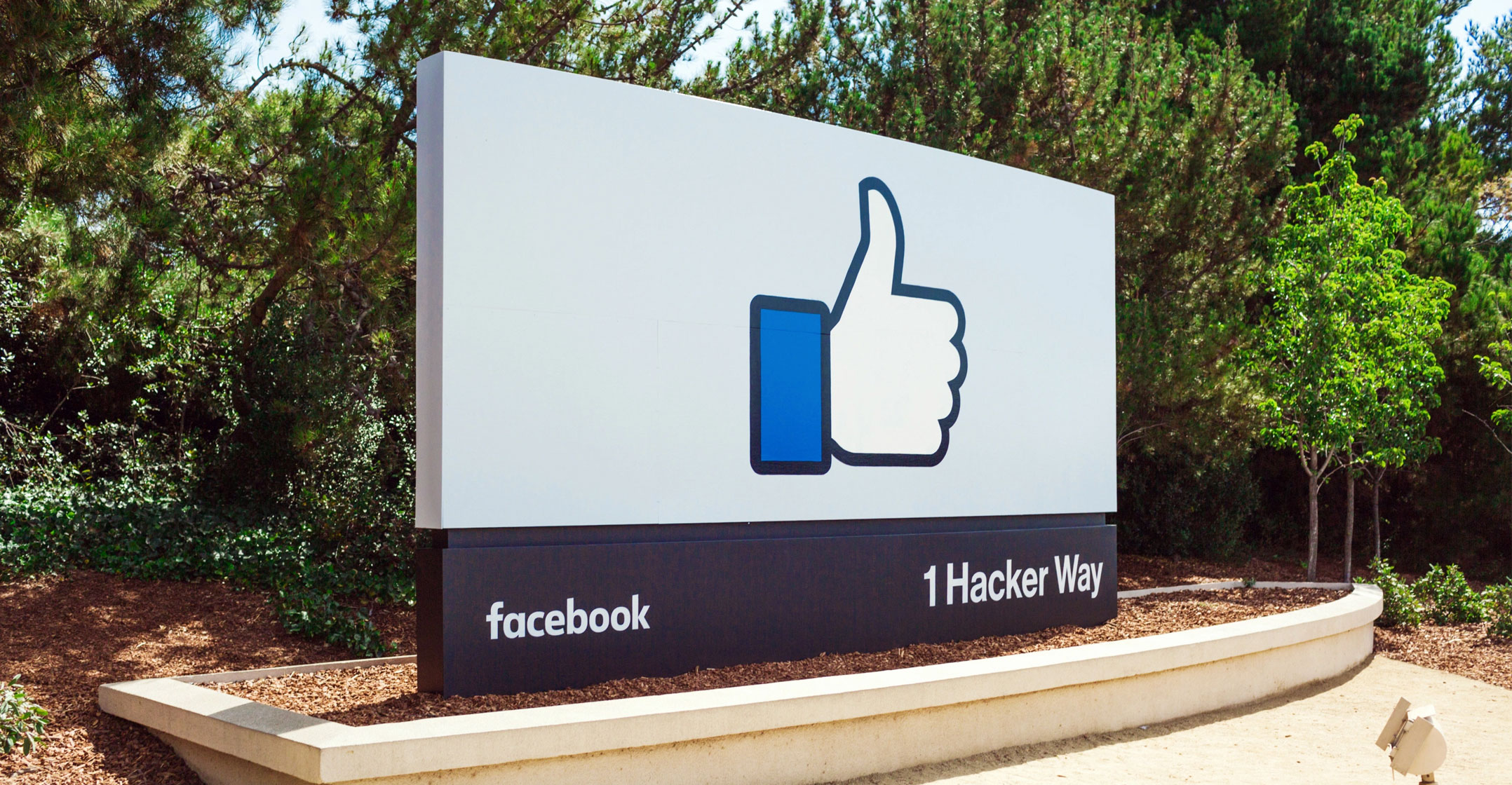 A threat by Facebook to “offboard” GovChat, a communications service used by the South African government, from the WhatsApp instant messaging platform comes as the US social media giant eyes securing direct government business of its own.
A threat by Facebook to “offboard” GovChat, a communications service used by the South African government, from the WhatsApp instant messaging platform comes as the US social media giant eyes securing direct government business of its own.
That’s one of several serious allegations contained in a heads of argument filed by GovChat against Facebook and WhatsApp — which Facebook owns — at the Competition Tribunal.
The tribunal is holding a hearing on Wednesday to consider whether to accede to a request from GovChat to stop Facebook from removing its access to WhatsApp. Facebook has argued this should not happen as the dispute is purely commercial in nature and does not raise any anticompetitive concerns under South African law.
TechCentral reported on Tuesday that GovChat is seeking urgent interim relief against Facebook pending an investigation by the Competition Commission into the US company’s decision to pull the plug on the service.
Facebook has accused GovChat of violating the contractual terms of use of the WhatsApp Business API, or application programming interface, which connects and integrates third parties to the platform.
GovChat was launched in 2018 with the department of cooperative governance & traditional affairs and offers a “chatbot” on top of WhatsApp that is used by government to engage with citizens. It has since morphed into helping government with Covid-19-related education and awareness campaigns, including the provision of disease test results. It allows citizens to apply for social relief and distress grants, too.
Forced out of business
GovChat and an associated business called Hashtag LetsTalk, or #LetsTalk have argued that they have invested over R50-million of donor money in developing the technology behind the platform. If Facebook is allowed to “offboard” GovChat, not only will it be forced to exit the market, but it will leave millions of people who rely on the service unable to access it at the peak of the second wave of Covid-19 infections in South Africa, they say in their papers.
Facebook South Africa has now been accused by GovChat of sending representatives to meet with government officials, allegedly telling them that the GovChat platform would be “offboarded” from WhatsApp while failing to disclose that GovChat was challenging the company’s conduct at the Competition Tribunal.
Facebook has not denied the allegation that it did so “in an attempt to get government to deal directly with Facebook” to GovChat’s exclusion, GovChat alleged. “Nor do the respondents (Facebook and WhatsApp) deal with the applicants’ assertion that it was only when GovChat recently emerged as a major service provider to government (and after favourable media exposure highlighting its successes) that Facebook sought to restrict GovChat and ultimately offboard it from WhatsApp, while at the same time seeking to meet on various occasions (and seemingly with great haste) with government representatives to persuade them to deal directly with Facebook.”
 It said, too, that Facebook is likley soon to offer payment processing services in South Africa via WhatsApp (as it is doing in markets such as Brazil and India), and that it intends to use WhatsApp to distribute payments on behalf of government – “thereby potentially placing it in competition with the GovChat platform”.
It said, too, that Facebook is likley soon to offer payment processing services in South Africa via WhatsApp (as it is doing in markets such as Brazil and India), and that it intends to use WhatsApp to distribute payments on behalf of government – “thereby potentially placing it in competition with the GovChat platform”.
In its filing, GovChat said its service developed in 2018 in conjunction with Praekelt, which is authorised by Facebook as a WhatsApp business solution provider, or BSP. Praekelt, it said, was contracted by GovChat to develop a “chatbot” to operate via WhatsApp that could be used facilitate communications between government and citizens around service delivery issues. Praekelt, it said, was contracted to “onboard” the GovChat platform onto WhatsApp’s Business API.
However, by the end of 2018, problems had started to emerge. Praekelt advised GovChat that WhatsApp (and Facebook) had “clamped down” on Praekelt servicing clients other than those engaged in “strictly non-profit work”, and that GovChat’s platform would have to be migrated to a different BSP.
GovChat, the company said, then began the process of registering as a non-profit, “thereby potentially removing the obstacle that Facebook had put up to Praekelt servicing GovChat”.
In July 2019, GovChat decided to end its relationship with Praekelt and transferred its account to another service provider called Infobip, which had a similar relationship with Facebook. It claimed it made the shift “because of concerns that its development partner, Synthesis Software Solutions, had about the infrastructure that Praekelt had developed for GovChat”.
In August 2019, GovChat applied for WhatsApp Business accounts via both Infobip and other provider, Clickatell. Both applications were rejected “for reasons of non-compliance with WhatsApp’s terms and requirements”.
‘Separate entity’
Around this time, and “to keep its public and private sector customers separate given the complications that can arise from government work”, GovChat incorporated #LetsTalk, which was created to offer the same service to commercial entities as GovChat offered to governments, but in a “separate” and “wholly owned contracting entity”. This did not mean that #LetsTalk “would not operate in the public sector at all”.
GovChat and #LetsTalk selected Infobip as the preferred BSP to handle the process of onboarding onto WhatsApp’s Business API, and Infobip facilitated the opening of a WhatsApp Business account for #LetsTalk.
“Contrary to the narrative advanced by the respondents (WhatsApp and Facebook) in their answering affidavit, there is no evidence that there was anything untoward about the creation of #LetsTalk, or that GovChat attempted to conceal its existence to covertly access WhatsApp’s Business API,” GovChat said in its filing with the tribunal.
 “GovChat understood from interactions with Infobip that the Infobip agreement was supplied to Facebook and had been reviewed by Facebook. It was also sent directly by GovChat to Facebook’s Mr Ben Supple under cover of a letter of 2 August 2020, which similarly records GovChat’s understanding that it would have previously been supplied by Infobip to Facebook,” it added. “When the #LetsTalk WhatsApp Business account was approved, it was reasonable for GovChat to infer that Facebook had seen – and approved – a draft of the Infobip agreement, including what was stated on the first page thereof about the relationship between GovChat and #LetsTalk, and that Facebook was fully aware that GovChat would utilise #LetsTalk’s chatbot.”
“GovChat understood from interactions with Infobip that the Infobip agreement was supplied to Facebook and had been reviewed by Facebook. It was also sent directly by GovChat to Facebook’s Mr Ben Supple under cover of a letter of 2 August 2020, which similarly records GovChat’s understanding that it would have previously been supplied by Infobip to Facebook,” it added. “When the #LetsTalk WhatsApp Business account was approved, it was reasonable for GovChat to infer that Facebook had seen – and approved – a draft of the Infobip agreement, including what was stated on the first page thereof about the relationship between GovChat and #LetsTalk, and that Facebook was fully aware that GovChat would utilise #LetsTalk’s chatbot.”
An improved GovChat platform went live on 1 March 2020 via #LetsTalk’s WhatsApp Business account. When South Africa entered a hard lockdown soon thereafter, #LetsTalk’s focus shifted to fulfilling Covid-19-related functions. “It was well positioned to do so given that GovChat had an existing relationship with the department of cooperative governance & traditional affairs…”
On 31 July 2020, GovChat received an e-mail from Infobip advising it that Facebook had claimed that GovChat was in breach of WhatsApp’s terms of use because it had been “onboarded under the display name ‘#LetsTalk’ rather than their actual entity name, ‘GovChat’”. Infobip was then advised that Facebook would terminate access to the WhatsApp Business API less than a week later, on 6 August 2020.
GovChat responded on 2 August 2020, with CEO Eldrid Jordaan rejecting Facebook’s assertion that GovChat had been deceitful. “He referred to and attached the Infobip agreement, detailed the history of GovChat and #LetsTalk, and explained the irreparable harm that would result if Facebook were to follow through with its threat to ‘offboard’ the GovChat platform,” GovChat said.
Facebook responded by allegedly stating that the WhatsApp Business API was a “new, beta project intended for private enterprise clients”; that Facebook required “government entities to apply directly” to use WhatsApp’s service; and that GovChat had applied for a WhatsApp business account under a “new name”, #LetsTalk. Facebook then suspended the offboarding date to 17 August 2020 (it later amended this to 31 August 2020).
Invited to apply
GovChat said its relationship with #LetsTalk was explicit in the Infobip agreement, and GovChat had received no communication that its WhatsApp Business account applications had been rejected.
It said that on 21 August, Facebook invited GovChat to apply to become a BSP. About two weeks later, Synthesis (GovChat’s development partner) applied to become a BSP on GovChat’s behalf. On 4 September 2020, Facebook rejected Synthesis’s application to become a BSP on the basis that it did not “match the profile” that Facebook was looking for in a new BSP, GovChat said.
In its filing with the Competition Tribunal, Facebook said GovChat and #LetsTalk are “blatantly breaching” the WhatsApp Business API terms and conditions “in pursuit of their own narrow commercial interests”.
 “At its core, this case concerns the right and ability of WhatsApp to enforce the contractual terms that govern the use of its paid business messaging platform, the WhatsApp Business API…,” Facebook said. “The applicants seek to justify this extraordinary relief on purported competition law grounds, but the dispute between the parties is, in truth, simply a commercial one which does not raise any legitimate competition law considerations.”
“At its core, this case concerns the right and ability of WhatsApp to enforce the contractual terms that govern the use of its paid business messaging platform, the WhatsApp Business API…,” Facebook said. “The applicants seek to justify this extraordinary relief on purported competition law grounds, but the dispute between the parties is, in truth, simply a commercial one which does not raise any legitimate competition law considerations.”
Facebook explained that in 2019, WhatsApp initiated a government programme to gain insights into how government entities could best use the WhatsApp Business API, a product which had been designed with the business user in mind.
“Any government entity that wishes to make use of the WhatsApp Business API is required to comply with all the standard terms and conditions, including the requirement to establish a WhatsApp Business account in its own name. In this regard, a government entity is treated no differently from any other user. That said, the government programme imposes additional restrictions for government entities, including an additional layer of review for the specific proposed use.
“On two occasions after the closure of its test account at Praekelt, GovChat applied unsuccessfully with a different BSP to open a new WhatsApp Business account in its own name. As explained in the answering affidavit: ‘These attempts were turned down because the government programme had been suspended (by Facebook) and for the reason that GovChat was not the intended user of the account but that the government entities in question would be.’
“GovChat subsequently applied through a third BSP to open a WhatsApp Business account under the name of #LetsTalk, its wholly owned subsidiary, and did not disclose that the purpose was to provide messaging for government entities. This meant that the application evaded the requisite review by WhatsApp’s government programme team.”
‘Unaware’
On the dispute over whether GovChat, in seeking access to the WhatsApp Business API through #LetsTalk, sought to deceive WhatsApp, Facebook said GovChat chose to “hide behind a corporate entity with no easily discernible links to the government entities in question”.
“At the time #LetsTalk opened its WhatsApp Business account, WhatsApp was unaware of #LetsTalk’s link to GovChat. Moreover, the allegation that ‘GovChat’s connection with #LetsTalk was … made plain at the outset’, which is based on the two entities being ‘named parties to the agreement with Infobip’, does not mean that WhatsApp was made aware of that arrangement (to which it was not a party). It was not.
“Having made use of the WhatsApp Business API in violation of the relevant terms of use, #LetsTalk was informed in July 2020 that its WhatsApp Business account would be deactivated on 6 August 2020. This deadline was subsequently extended on a number of occasions to enable GovChat’s government clients to engage the services of an authorised BSP directly in order to open their own WhatsApp Business accounts, as the WhatsApp Business API terms of use require.
 “By early November 2020, some three months later, these steps had not yet been taken. This resulted in a final deadline of 16 November 2020 being set. But just one business day before that deadline, the applicants approached this tribunal, on an urgent basis…
“By early November 2020, some three months later, these steps had not yet been taken. This resulted in a final deadline of 16 November 2020 being set. But just one business day before that deadline, the applicants approached this tribunal, on an urgent basis…
“This matter has nothing to do with competition law, let alone anticompetitive practices — GovChat does not compete with WhatsApp, WhatsApp does not compete with GovChat, and there is no market from which WhatsApp seeks to exclude GovChat. Instead, the dispute between the parties is purely contractual, concerning the applicants’ demand to use the WhatsApp Business API in a manner that suits GovChat’s chosen business model, notwithstanding that this is fundamentally inconsistent with WhatsApp’s terms of use.”
The Competition Tribunal hearing continues. — © 2021 NewsCentral Media

